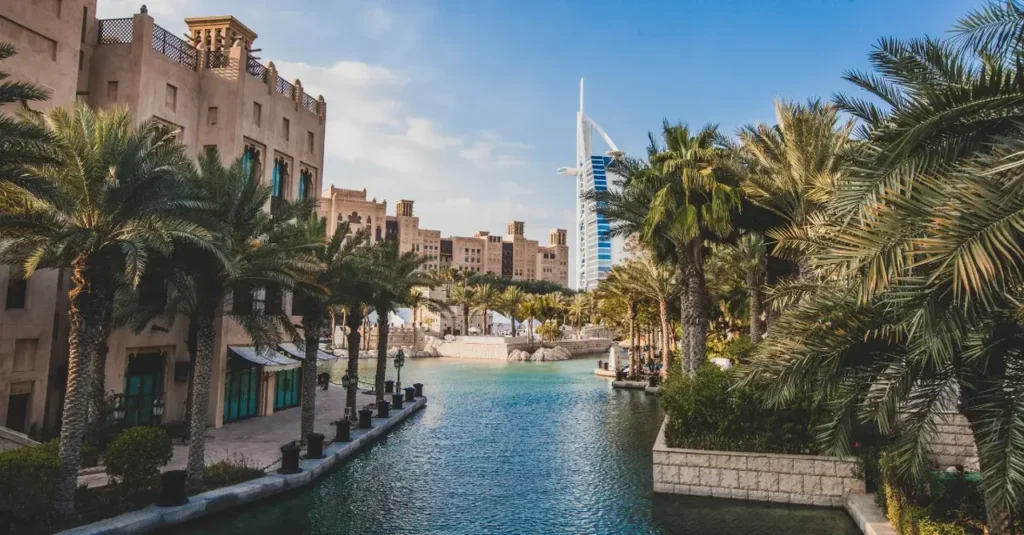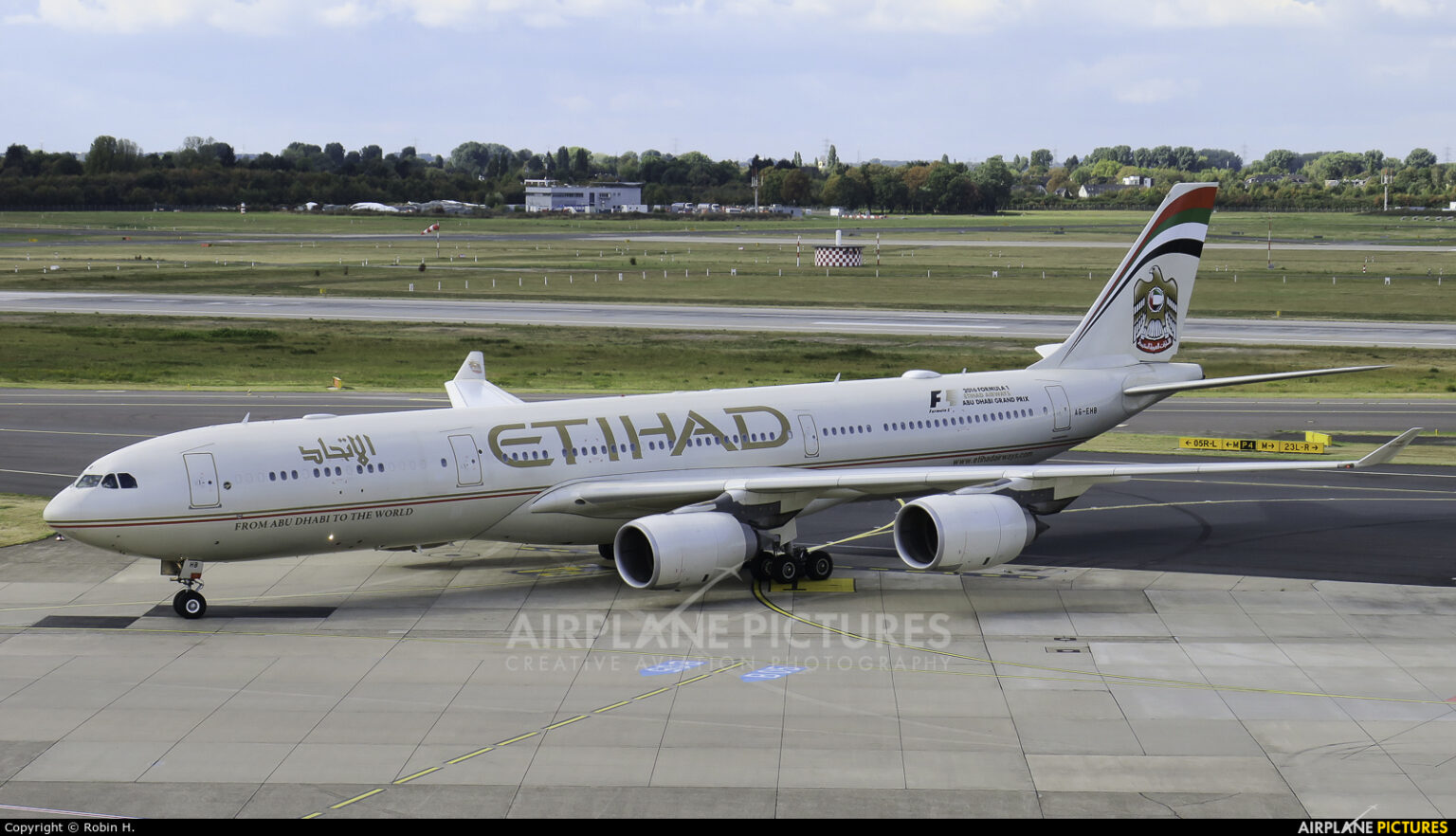In a move reflecting ambition, vision and transformation, Mumtalakat (Bahrain’s sovereign wealth fund) has entered into a strategic partnership with SandboxAQ, a leading global firm specialising in artificial intelligence and quantum-inspired techniques. Together they aim to reshape Bahrain’s biotech future and position the kingdom as a regional powerhouse in life sciences innovation. Under the agreement, SandboxAQ’s software and expertise in quantitative AI will be licensed to identify drug targets and develop novel therapeutics unlocking potential value of over US$1 billion.
This is more than just another deal. It signals a profound shift in Bahrain’s economic direction, emphasising diversification, high-tech growth and the creation of a biotech ecosystem that can compete on a global stage. This article explores what this partnership means, how it can play out, and why it matters far beyond Bahrain’s borders.
Genesis of the Partnership
At the heart of this alliance is a shared recognition of emerging opportunities. Mumtalakat, with its extensive portfolio across manufacturing, finance, logistics, real estate, healthcare and education, is committed to optimising and diversifying its assets. SandboxAQ, on the other hand, brings cutting-edge capabilities in AI and quantum computing, particularly geared toward life sciences, materials and other frontier sectors.
Together, they will establish a joint research committee, operate a three-year programme, and develop new drugs and biotech assets with the aim of generating more than US$1 billion in value for Bahrain.
The timing could not be more opportune. The global biotech industry is accelerating, and nations that pair innovation infrastructure with ambitious policy get a competitive edge. Bahrain sees its chance. With the right strategy, local talent, research networks and business environment, the kingdom can rise quickly.

Strategic Drivers: Why Biotech, Why Now?
The decision to invest in biotech is shaped by multiple converging factors:
- Rapid growth in life sciences: Advances in AI, quantum computing, genomics and drug discovery mean biotech is not just a health-sector story it’s a technology and economic growth story.
- Diversification imperative: Bahrain’s economy, like many in the region, has long been heavily reliant on traditional sectors. A pivot into biotech signals a future-oriented mindset, where knowledge industries matter more than ever.
- Global talent and investment flows: By aligning with SandboxAQ and setting up the ecosystem locally, Bahrain stands to attract international researchers, start-ups, venture capital, licensing deals and partnerships.
- Health security and innovation diplomacy: The recent global pandemic underscored the strategic value of domestic biotech capability. A country that can develop therapeutics rather than only import them gains both economic and health resilience.
- Creating high-value jobs: Biotech offers sophisticated, high-paying employment in research, development and commercialization boosting human-capital metrics and creating spill-over benefits in education and adjacent industries.
Building the Ecosystem: Key Components
To turn vision into reality, the partnership’s success will hinge on building a robust ecosystem. Key components include:
Research infrastructure
State-of-the-art labs, drug-discovery platforms, AI-driven modelling systems and quantum-ready hardware will be needed. SandboxAQ’s quantitative AI tools will be licensed and integrated into Bahrain’s infrastructure.
Talent development
Attracting local and international researchers, training new scientists, partnering with universities and establishing biotech-specific education programmes will be vital.
Regulatory and IP frameworks
For biotech to flourish, a supportive regulatory environment is crucial. This means streamlined approval processes, robust IP protection, incentives for R&D, and collaboration frameworks between government, funders and industry.
Commercialisation pathways
Discovery is only half the story. To generate value, therapeutics must be scaled, manufactured, licensed or sold. Partnerships with pharma, contract-development organisations, and venture capital will enable this.
Global connectivity
Bahrain can become a regional biotech hub by leveraging its geographic location, regional networks, logistics infrastructure and investment climate to link the Gulf, India, Europe and Africa.
Expected Impacts and Opportunities
This partnership promises wide-ranging impacts:
Economic value creation
With a target of more than US$1 billion in biotech assets, the deal has the potential to generate meaningful returns for Bahrain.
Diversification and resilience
By adding biotech to its economic mix, Bahrain reinforces its resilience to commodity-based shocks and opens up new growth corridors.
Knowledge and high-skill employment
Jobs in AI, biotech, quantum computing, drug discovery and life sciences are knowledge intensive and future-facing. Bahrain’s workforce stands to gain significantly.
Regional leadership
If successful, Bahrain could position itself as a Gulf life-sciences gateway attracting companies, talent and capital from across the Middle East and beyond.
Health innovation and societal benefit
New drugs and therapeutics developed locally may help address regional health challenges, and provide value both commercially and socially.

Challenges to Navigate
While the opportunity is significant, success is not guaranteed. Several obstacles must be addressed:
Talent scarcity
Building a world-class biotech workforce is hard and time-consuming. Bahrain will need to attract global talent, train locals and retain them.
Long development cycles
Drug discovery and biotech commercialisation are lengthy, high-risk endeavours. Patience, strong governance and long-term commitment are required.
Regulatory complexity
Ensuring that approval pathways for new therapeutics are efficient but safe is a balancing act. Transparent, robust frameworks will be needed.
Funding consistency
Initial investment is only the beginning; ongoing funding for R&D, scaling, manufacturing and go-to-market is essential.
Ecosystem collaboration
Success will hinge on the global biotech ecosystem: partnerships with pharma, research institutions, start-ups and investors. Bahrain will need to plug into that network seamlessly.
Outlook: What the Next Few Years Might Bring
In the coming three years per the defined programme key milestones are likely:
- Establishment of joint research governance structures and tangible AI-driven discovery pipelines.
- Creation of prototype therapeutics or drug-targets emerging from the partnership.
- Announcement of first licensed or developed biotech assets tied to Bahrain.
- Attraction of additional international investment into Bahrain’s biotech sector.
- Expansion of training programmes, research centres and start-up incubation support.
Beyond the three-year horizon, if the ecosystem matures, Bahrain could see:
- A local biotech cluster with multiple firms, including spin-outs from the Mumtalakat/SandboxAQ partnership.
- Manufacturing capability for biologics or advanced therapies.
- A regional trade hub for biotech investment and partnerships linking Gulf countries, India and Africa.
- Spill-over benefits in adjacent sectors such as AI, quantum computing, data analytics and materials science.
Why This Matters Globally
While this story is centered on Bahrain, the implications are far-reaching:
- It illustrates how sovereign funds and nations are treating biotech not just as health policy but as strategic economic infrastructure.
- The fusion of AI, quantum computing and biotech is emerging as a major frontier; partnerships like this serve as early templates.
- Gulf countries are positioning themselves as innovation hubs, not just energy/resource hubs—and that shift will change global talent, capital and research flows.
- For global life-sciences players, Bahrain becomes an attractive gateway: access to Gulf markets, logistical advantages, and government-driven incentives.
- For young researchers and entrepreneurs globally, new geographies open up as meaningful biotech ecosystems with Bahrain being one of them.
A Human Story: Dreams, Ambition, Opportunity
Behind the corporate announcements and ambitious figures lies something more human: the dreams of scientists in labs, young graduates exploring careers in biotech, investors hoping to back the next breakthrough drug, patients awaiting therapies developed locally.
Imagine a Bahraini research student who, five years from now, leads a small start-up born out of this partnership. Or a family in the region that benefits from a novel treatment discovered thanks to AI-powered modelling now being developed in Bahrain. That is the human dimension.
By integrating state capital, cutting-edge tech and a clear vision, Bahrain is giving its people the chance to participate in a future defined by science, innovation and global connectivity. It’s offering pathways out of traditional models of employment and into high-value, future-facing careers.
Moreover, for the health-sector professionals in the region, this signals that the era of “import everything” may be shifting toward “develop here, partner globally.” That can inspire a new generation of researchers who once thought their ambitions had to take them abroad.
Conclusion
The partnership between Mumtalakat and SandboxAQ is not simply a financial transaction it’s a bold statement of intent. Bahrain is saying: We will cultivate a biotech ecosystem. We will harness AI and quantum computing. We will build an economy of knowledge and innovation.
Yes, there are hurdles talent must be nurtured, regulatory frameworks refined, and investment maintained. But the opportunity is vast.
For the people of Bahrain, the region and the global life-sciences community, what unfolds next will matter. If this partnership achieves its promise, we may see Bahrain transform into a vibrant biotech hub, part of a broader shift in how nations think about science, value creation and health.
Do follow Gulf Magazine on Instagram.
Also Read – Soaring Success: Gulf Aviation Academy Sets Benchmark for Aviation Education



